If you want to strengthen your record before applying (or re-applying) to medical school, you know you have many choices. More than 300 of them, in fact: that’s how many pre-med post-baccalaureate programs the American Association of Medical Colleges (AAMC) currently lists in its database.
Choosing from among these programs can be difficult, starting with the decision about which kind of program to choose. Post-baccs break down into two main groups: undergraduate certificate programs or master’s-level programs, also known as “special master’s programs.” If you’re trying to decide which level of program is right for you, this article explains some of the advantages of enrolling in a special master’s program like the Tiber Health Master of Science in Medical Sciences (MSMS).
A Clean Slate for Your GPA
Record-improving pre-med undergraduate certificate programs allow you to make up or re-take key science prerequisites in an attempt to boost your grade point average (GPA) in those courses. However, the scores you earn in those classes are usually added into the GPA you earned during undergrad, not counted separately.
At best, record-improver undergrad certificates will boost your GPA by a few tenths of a point—fine if you were a 3.4 GPA student looking to earn a 3.6 or 3.7, but not enough to make up the gap if you were a 3.0 student.
Earning a master’s degree sets up an entirely new GPA—a graduate GPA—that allows you to demonstrate to medical school admissions committees that your performance during your bachelor’s degree wasn’t a true reflection of your academic potential. By doing well in your master’s, you build evidence of an upward trend in both your GPA and your ability to tackle complex content.
More Challenging Coursework
Obviously, what you study in a master’s matters as much as the grades you get. By completing a rigorous master’s program like our MSMS, you show medical schools that you can perform at the graduate level. In fact, in our MSMS, you’ll complete coursework that mirrors the first year of medical school classes at an LCME-accredited institution.
With an MSMS on your application, you don’t just demonstrate your potential to succeed academically in a medical school or other health professional program, you show that you already have succeeded.
Potential Financial Aid Advantages
If you’ve attended a college or university in the U.S., you are probably very familiar with the financial aid process. You’re probably also aware that the federal government places limits on the amount students can borrow in student loans. For undergraduate-level programs, that borrowing limit is currently capped at $57,000.
So, if you have already maxed out your undergraduate loan limits, and you enroll in an undergraduate pre-med post-bacc certificate, you may have to rely on higher-interest private loans to finance your studies. (In some cases, post-bacc certificate programs don’t qualify for federal loan programs at all.)
When you enroll in a special master’s degree, you may have more financial aid options. Federal borrowing limits for graduate students are currently set at $138,500. This figure includes both undergraduate loans and graduate loans. Even for someone who is maxed out on undergraduate funds, higher borrowing limits could make additional $81,500 in lower-interest federal loans available. Please note that financial aid is only available if you qualify.
You’ll Earn a Graduate Degree
One of the major advantages of earning a master’s versus a post-bacc certificate is that as long as you graduate, you’re adding to your marketable qualifications. With a master’s degree, you’ll be among the 13.8% of Americans who hold a graduate qualification at any level, and potentially able to stand out more in the job market.
Your master’s degree can be used to help you apply to MD or DO programs, dental school, pharmacy school, physician assistant (PA) programs, and more. You can also use it to pursue a medical research-oriented path, either by applying directly for jobs in labs or by applying for a PhD program. A master’s can also equip you for other career pathways in the healthcare industry, such as medical device sales or health organization leadership.
How Our MSMS Goes Above and Beyond
For students who want to improve their academic records, our MSMS programs offer distinct advantages. First, it’s available at eight schools around the country, meaning you can find a program in a setting and community that fit your needs. (It’s also available online in a part-time format from Ponce Health Sciences University in St. Louis).
Next, we combine what’s best about traditional health education with proven-effective technological innovations that support student performance. That means presenting courses in a dynamic classroom setting, collecting thousands of data points on student knowledge. Through predictive analytics, we can use that data to generate a projected U.S. Medical Licensing Exam Step 1 score for each student. Every student understands where they are in real time, and every MSMS program director is available to help students develop a tailored plan for pursuing their goals.Finally, full-time MSMS students can complete their program in just 11 months, making efficient use of a pre-med gap year. If you’re ready to learn more, explore our programs today!



